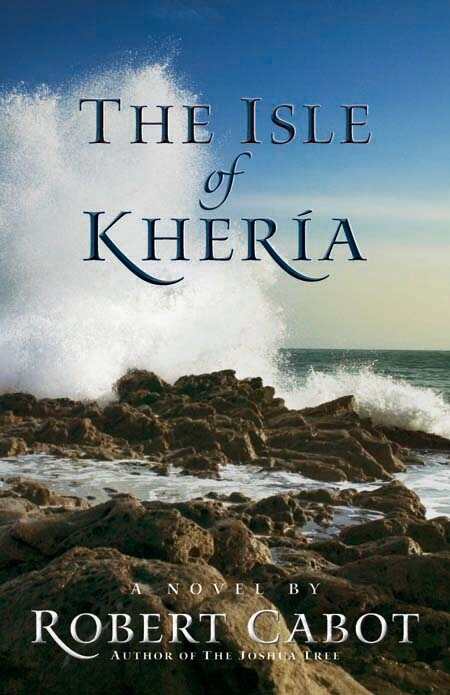The Isle of Khería
Constructed as a back-and-forth conversation between two old friends, Joel Brewster and Aidan Allard, the novel follows their intertwining lives from school days, where they met, to the Greek isles, where they part and then reconnect after death has separated them. Much like Spoon River Anthology, by Edgar Lee Masters, the dead are given a chance to relay their thoughts and to answer questions, though usually in an “oblique and obscure way.”
The title is apt: khería are asphodels, flowers that the Greeks call “candles to the dead.” When Aidan perishes in the sea off the isle of Khería, Joel goes there asking, “must we part in rage, remorse, despair?” Joel remembers them as two boys, children of scornful Olympian fathers, both sent away to school, and both survivors of World War II. Aidan is adamantly political, a cynical ideologue, yet full of homoerotic longing that threatens to drive them apart.
The story is told in bits and snatches through alternating points of view. This kaleidoscopic approach unfortunately leads to a fractured narrative, with characters that never coalesce but remain a tantalizing set of memories that form and reform in the absence of plot: “Childhoods, fathers, college, young men at war. Girls, mothers—revelations, dedications. Failures, damage, madness, loss.”
The best segments have to do with the war: Aidan’s “ski-club war” and Joel’s cushy “Grand Tour war.” They both end up in Europe as part of the invasion, however, and meet briefly in the Austrian mountains before Aidan settles in Greece to write articles and poems for the dailies and quarterlies while Joel returns to the United States to work in international aid. Although they both marry and keep in touch sporadically over the years, their relationship remains uneasy and wary until Joel brings closure by returning to Greece, “a country that has throughout most of its history lived with a knife in its back, with revenge in its heart, with pride and honor at any price.”
Robert Cabot is the author of The Joshua Tree and That Sweetest Wine.
Reviewed by
Trina Carter
Disclosure: This article is not an endorsement, but a review. The publisher of this book provided free copies of the book to have their book reviewed by a professional reviewer. No fee was paid by the publisher for this review. Foreword Reviews only recommends books that we love. Foreword Magazine, Inc. is disclosing this in accordance with the Federal Trade Commission’s 16 CFR, Part 255.

